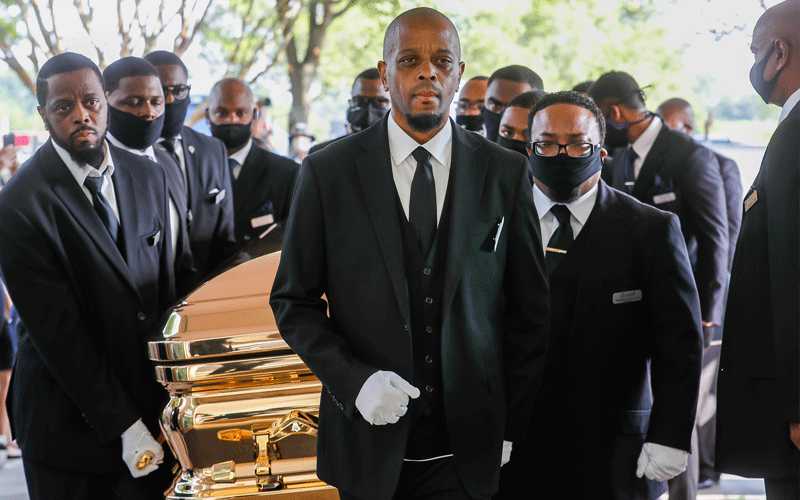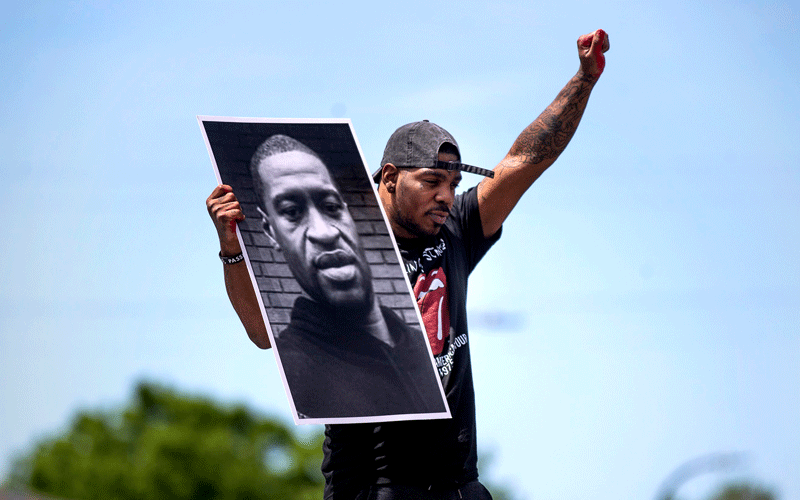Think twice before laughing at those tribal jokes

We are in the cusp of a cultural revolution. It is starting in the art sector which sits at the very heart of irreversible soft revolution.
The last fortnight has witnessed a rise of social consciousness of the reality of cultural divide in the United States.
Following the death African American George Floyd, Americans of all races were revolted by police brutality.
Rev Al Sharpton, the firebrand preacher, captured it in an anecdote he gave while giving Floyd’s eulogy.
Years ago, he said, while matching for a cause, a white lady stood up to him and told him, “Nigger, go home”.
But in the streets of St Paul’s Minneapolis where Floyd was suffocated to death by a knee on his neck, a white girl walked to the veteran activists and with her fist in the air told him, “No justice, no peace”.
For once, the cultural consciousness has hit the cultural industry. The television series, COPS which has been running for nearly three decades was pulled down from the screens this week.
COPS featured police arresting people on the streets and busting crimes. But it framed crime as a white vs black phenomenon with the majority of the criminals being people of colour, while the police, the heroes of the series, often white.
But it is not only COPS that has been pulled down. LIVE PD, another series that featured the black and white world with the blacks on the receiving end of the bad guys also being shelved. 
But these are contemporary productions reflecting the avant garde American culture which, given the linguistic transparency of their grammar of violence, spread across the world like wild fire to perpetuate the portrait of the black man as inherently criminal.
The quintessential rendition of life in the South was captured in the all time classic “Gone with the Wind”. It does not glorify the black person.
“Gone with the wind” permanently froze the black person in servitude. To have it pulled off the shelves as was done this week speaks of a sea change in the consciousness sweeping the world.
In other cities of the US, the images that were put up to immortalise the servitude of black people have, at the very least, been opened to debate whether they should continue to be mounted up. It is the same situation playing out in the UK, if to a lesser degree.
This is a moment that should not pass us by to address subconscious walls of division and subjugation in our midst.
They exist, not just in the far away USA, but in our neighbourhoods and in our television shows.
The dignity of the individual is constantly trashed at the alter of the quick shilling. 
The currency of many stand up comedians in Kenya is not founded in the depth of their intellectual creativity but peddling of tribal stereotypes.
It is not only confined to lumping certain communities in preordained frames that increasingly enter into excused social space banter, but which invariably get ingrained in social psyche as representative of the community. This eventually leads to how people from the community are treated.
Examples abound. Luhya have been framed as watchmen, cooks and tea and ugali enthusiasts.
Kamba people as this, Luo people as that, the inhabitants of the Coast as the other. People from this community as hard working, from the other as lazy, from yet another as frugal and so on.
Lost in these frames or conveniently forgotten are the social structures that over the years allowed these perceptions to exist and to take root.
Subconsciously, they influence how people interact in society and how the negatively framed are treated and the opportunities they access.
The stereotypical depiction of white and black people is bad in whatever platform. And so is gender based depiction of people or tribe-based characterisation.
Let this moment of cultural consciousness not pass us by to correct our wrongs, or the slippery slope that some of our societies may just be starting on. No sector is better placed to deal with this than the media.
American media is showing the way here, we do well to take note. — The writer is the dean, School of Communication, Daystar University



